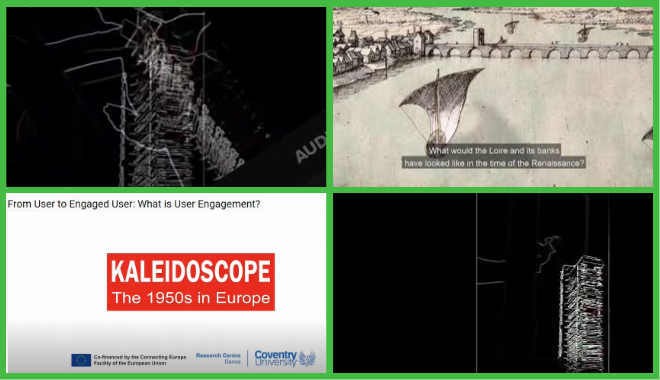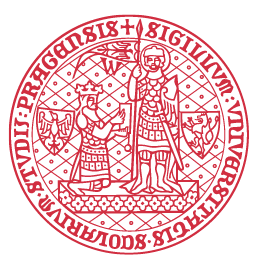· Historical, anthropological, legal and philosophical approaches to understanding the differing positions of European countries (particularly East-West and North-South variations) in relation to imperialism and colonialism and its place (often contested) in memory, memorialization and national narratives, as well as its impact on cultural practices transmitted through generations;
· challenges to colonial and imperial presence in cityscapes and the public sphere, such as statuary and street-names; calls to decolonise museums, and demands for restitution, instances of returns to countries of origin, including theoretical and philosophical attention to notions of property, identity, temporality and the ontology of objects;
· strategies for transmitting contentious cultural heritage to wider publics (expanded collaborative models between researchers, cultural institutions and artists) involving greater participation across international borders and of diaspora












